Two ongoing wars, sticky inflation, skyrocketing borrowing costs, and food shortage. We have seen it all this year. And these have created a global poly-crisis just before many of the world’s largest countries head into election year. As many as 40 democracies, accounting for 42% of the global GDP, are going to the polls in 2024, with expectations that their new leaders will fulfil promises of post-pandemic recovery. These leaders will define the state of geopolitics and the global economy for the upcoming years.
While investors are trying to price in the elections, the sheer expanse of possibilities is enough to throw their strategies off balance. So, here’s a look at what to watch for in the 2024 elections.
January 13 - Taiwan
The year begins with Taiwan's presidential election. While a DPP (Democratic Progressive Party) win could lead the island to war against mainland China, Hou Yu-ih taking the presidential seat promises a few years of peace.
It’s only fair that Taiwan has a chip on its shoulder. It produces 90% of the global cutting-edge semiconductors. This makes a Taiwan-China war of great concern to both the US and Japan, as this will affect the global semiconductor industry, raising technology and device prices. It’s also a grave concern for the many tech mammoths that have invested heavily into AI.
Let’s also not forget that China already has a strained relationship with the US. A war with Taiwan will take the US-China standoff to greater heights and impact economies around the world.
Stocks to watch during the Taiwanese presidential elections range from microchip giants, like Nvidia and Advanced Micro Devices, to users of chips, like Tesla, and companies investing heavily in AI, like Microsoft. The sentiment for the chip majors is already positive as can be seen on Acuity’s AssetIQ widget.
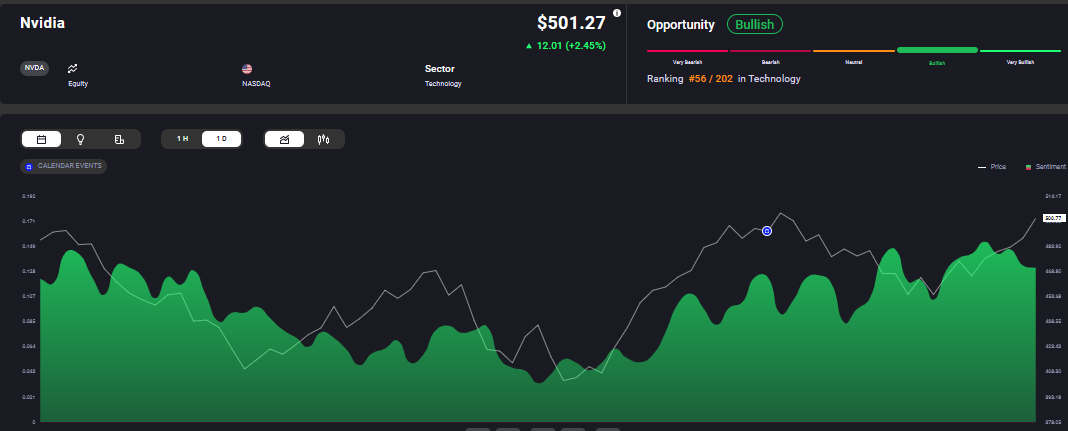
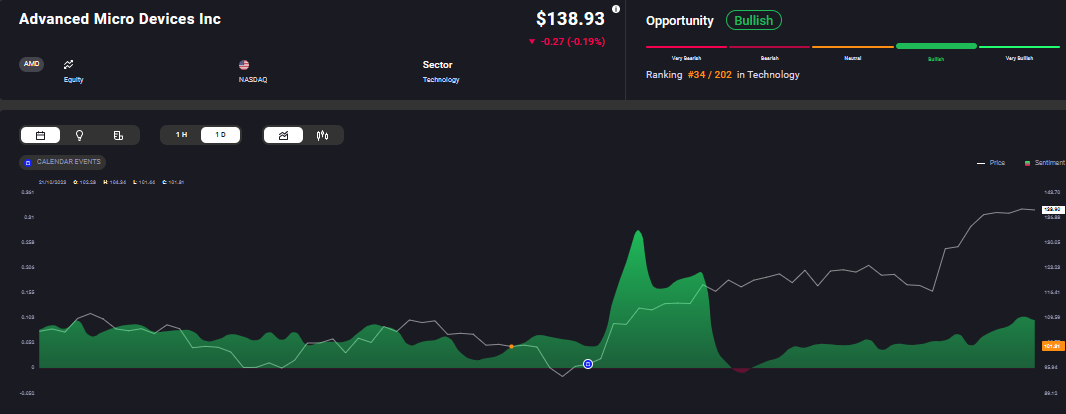
March 17 - Russia
The Russian election next year could see Putin remaining in power as there is no apparent rhetoric to reform in the election campaign. Losing the election could ease Russia’s foothold in Ukraine. If Putin doesn’t vacate the presidential seat, the sanctions will remain in force and oil prices could climb on supply concerns and rising demand due to a recovery in the global economy. The ruble may test its current lows if the war continues, pushing Russia to boost oil production to generate funds.
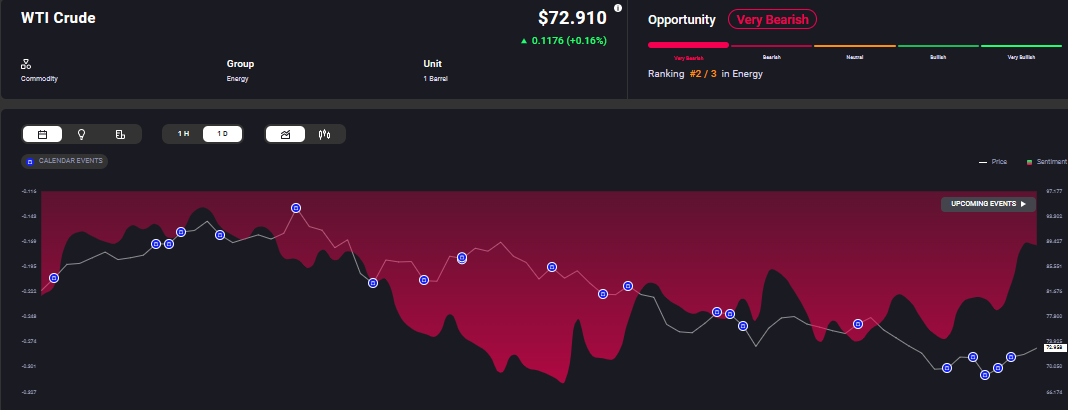
The one industry that has benefited from all the geopolitical chaos this year is defence. Textron’s stock has climbed around 12% year to date, outperforming Lockheed Martin by about 20% and General Dynamics by approximately 10%. It’s now time for the shares of Lockheed Martin and General Dynamics to climb, with research company, MarketsandMarkets projecting the global military expenditure to expand from the $2.01 trillion estimate for 2023 to $2.13 trillion in 2024.
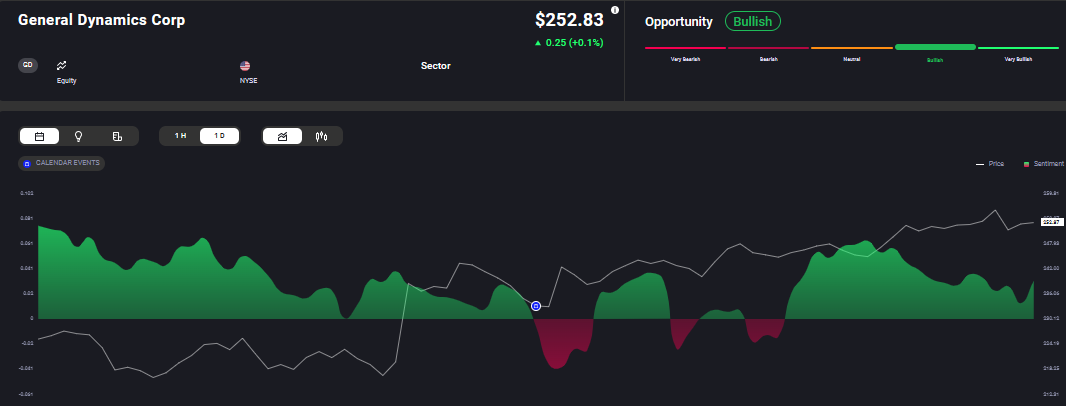
April - India
The current prime minister Narendra Modi has significantly elevated the nation's foreign relations and established the country as a manufacturing hub. If Modi were to be elected for the third term, the government’s agenda to propel the Indian economy to the world's top 3 and Asia's top 2 will be in focus.
Sensex, the country's benchmark stock index, could climb as much as 15% in 2024 if the current ruling party assumes power again. Also, moves to de-dollarize global trade could continue to impact the forex market.
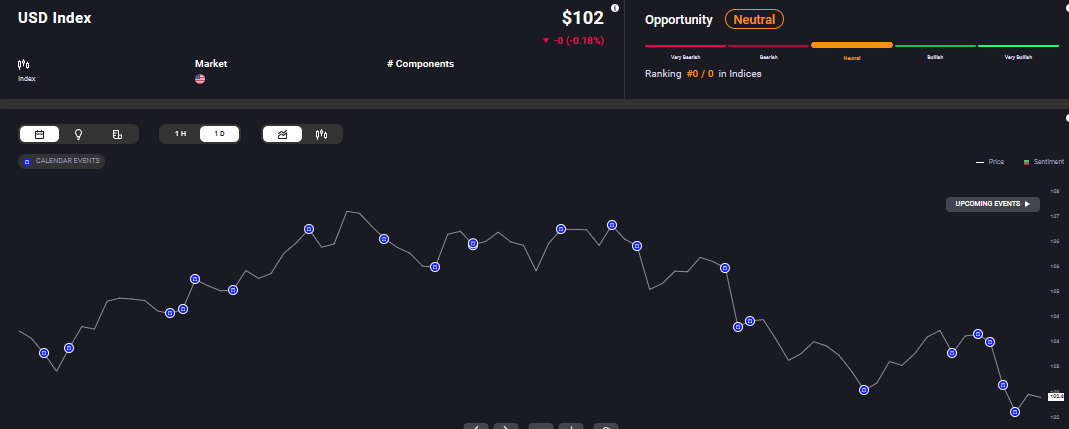
November 5 - USA
Perhaps the most watched polls will be the presidential election in the world's largest economy. Fears of recession, inflation, and whether the country will continue to finance support to Ukraine will remain in focus.
While there is no love lost between either Trump or Biden and China, the former president has been very vocal about his animosity towards China as well as his support for Taiwan. The frailty of the geopolitical climate could make a Trump victory the trigger for a Taiwan-China war.
A Trump win is being perceived as beneficial for the US economy. The pre-poll sentiment is not in favour of Biden. Trump intends to roll back IRA, which will directly affect investments in clean energy initiatives. Additionally, his return could mean higher import tariffs, which will help the country's protected industries, including steel and textile.
Creating a Strategy for the Year of Elections
Watching pre-poll outcomes, monitoring the volatility index, and using sentiment analysis to determine when investors have priced in the elections are crucial for managing investment portfolios in 2024. Historically, the incumbent being re-elected lends upside to the stock market, as it signals political stability. While this may be the case for India, the opposite holds true for the US.
Economic Outlook,
Elections